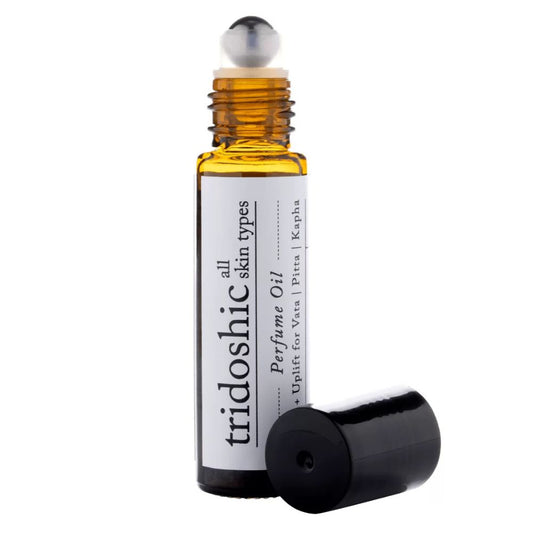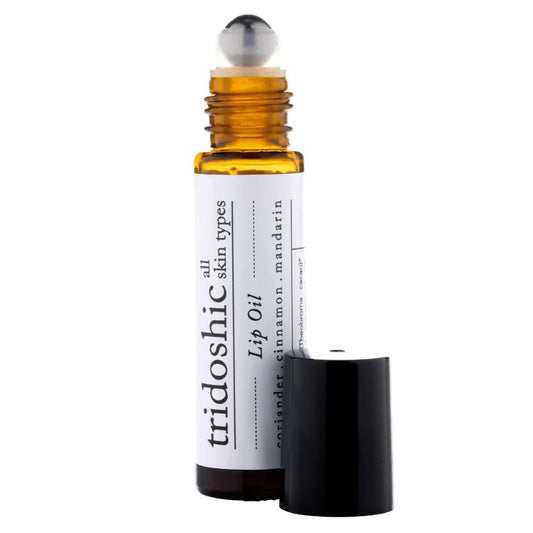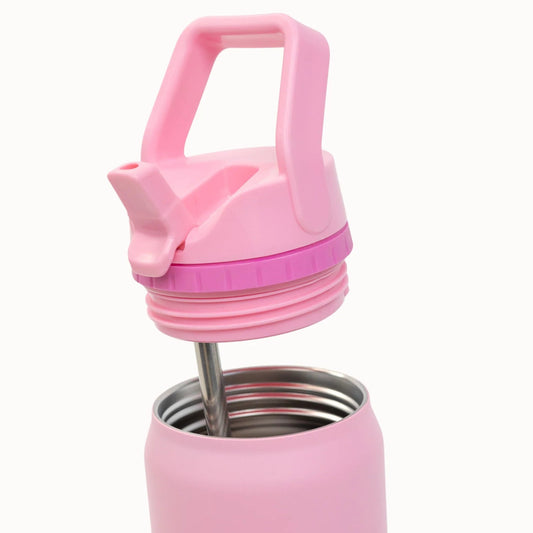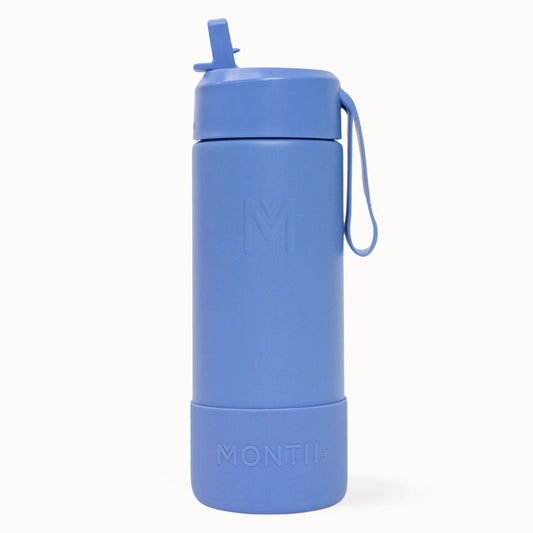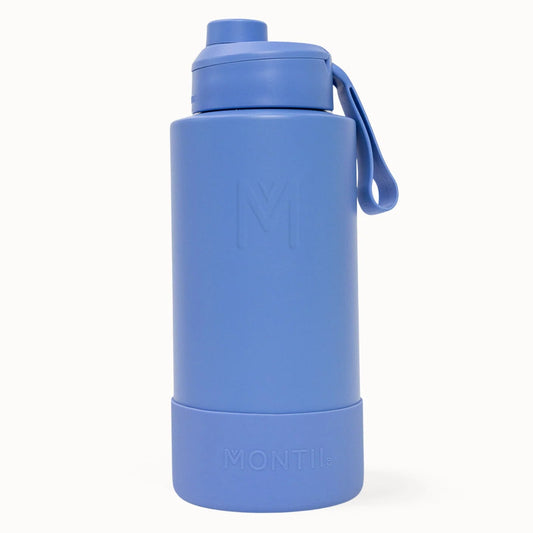
At Biome, we’ve long been advocates of turning back to nature for better health, and few practices embody that more beautifully than fermentation. What began thousands of years ago as a method of preserving food has turned out to be one of the most powerful tools we have for supporting gut health and a strong immune system.
Many of us have heard of yoghurt with probiotics or seen Yakult and similar drinks on supermarket shelves, but there’s a simpler, more natural way to get your daily dose of good bacteria—by making your own fermented foods at home.
Fermented foods are alive with beneficial bacteria—commonly referred to as probiotics—which help maintain a healthy balance of microbes in the digestive system. These microbes are not only essential for digesting food and absorbing nutrients, but they also play a direct role in how resilient our immune system is.
Why Gut Health Matters
Your gut is home to trillions of bacteria, fungi, and other microbes that make up what’s called the gut microbiome. This ecosystem influences everything from digestion and nutrient absorption to mood regulation and inflammation levels. When this microbiome is balanced, your body functions better—and fermented foods are one of the most effective ways to maintain that balance.
By nourishing your gut with fermented foods, you’re also supporting your immune system's ability to respond effectively to pathogens—especially important during cold and flu season.
A large portion of the immune system resides in the gut. A healthy, diverse gut microbiome helps regulate immune responses and makes the body more resistant to infection and inflammation.
How Salt Transforms Vegetables into Probiotics
Lacto-fermentation is the process that turns ordinary vegetables into probiotic-rich superfoods. It begins when you combine fresh vegetables with a saltwater brine. The salt plays a crucial role: it inhibits harmful bacteria while allowing salt-tolerant, beneficial bacteria—particularly Lactobacillus species—to flourish.
As these good bacteria consume the natural sugars in the vegetables, they produce lactic acid, which further acidifies the environment and preserves the food. The result is a tangy, flavourful ferment teeming with probiotics that can aid digestion and help maintain a healthy gut.
Unlike vinegar-based pickling or sugar-preserving methods, lacto-fermentation creates a living food that evolves over time and is uniquely beneficial to your microbiome.
Fermented Foods that Help the Gut
If you are new to eating ferments, start gradually and with mild ferments. Please read the section below about gas and bloating. Some of the most effective ferments for gut health include:
- Sauerkraut – Rich in fibre and probiotics, especially Lactobacillus.
- Kimchi – A spicy Korean ferment with a wide range of beneficial bacteria.
- Fermented carrots, radishes, or beets – Crunchy, mildly sweet, and kid-friendly.
- Kombucha – A fermented tea with a blend of yeast and bacterial cultures (SCOBY).
- Kefir – Either dairy or water-based, kefir is one of the most probiotic-rich beverages.
- Yoghurt – Made with live cultures using dairy or coconut milk is a classic probiotic food.
- Ginger bug – A wild-fermented starter made from ginger, sugar, and water used to create naturally carbonated drinks like ginger beer.
- Miso – A Japanese ferment made from soybeans and grains that supports digestion and adds umami to meals.
- Tempeh – A protein-rich Indonesian ferment made from soybeans bound together by beneficial moulds, supporting gut health and nutrient absorption.
- Natto – A traditional Japanese ferment made with soybeans and Bacillus subtilis, rich in both probiotics and vitamin K2.
- Fermented Apple Cider Vinegar – Made without a starter because it relies on wild fermentation, using the natural yeasts and bacteria present on apples and in the air.
Homemade vs Store-Bought Probiotics
Commercial probiotic products—such as yoghurt drinks (Yakult, Actimel), flavoured probiotic yoghurts, kombucha bottles, and probiotic supplements—can certainly offer some benefits, but they often come with added sugars, minimal live cultures by the time they reach the shelf, or unnecessary packaging.
Homemade fermented foods, on the other hand, are:
🧫Richer in diverse probiotics – especially when unpasteurised and made fresh.
🚫Free from additives – no added sugar, artificial flavours, or preservatives.
🌏Zero waste – no single-use plastic or packaging.
🙌Empowering – you’re in control of the ingredients, flavour, and fermentation time.
Making your own ferments isn’t just healthier—it’s also more sustainable and deeply satisfying.
How to Get Started
You don’t need to be an expert—or own fancy equipment—to enjoy fermented foods. A simple jar, some sea salt, filtered water, and fresh vegetables are all it takes to make your first batch.
Fermentation tools like the Kilner Fermentation Kit make it even easier by taking the guesswork out of the process.
Start small, be curious, and enjoy the experience. Every jar is a chance to reconnect with your food and give your body a boost from the inside out.
Read our full guide here on How To Ferment Vegetables
FAQ: What If Fermented Foods Cause Gas or Bloating?
If you're finding that fermented foods cause noticeable gas or bloating, you're not alone — and it doesn’t mean you’re doing anything wrong. These symptoms are common when your gut is adjusting to a new influx of beneficial bacteria. For some people, especially those with a sensitive digestive system or underlying gut issues, this transition can be a bit bumpy.
Here’s what you can do:
- Go slow – Try just a teaspoon every few days and build up very gradually.
- Stick to milder ferments – Carrot sticks, cucumber, or beetroot are gentler on the system than cabbage-heavy ferments like sauerkraut or kimchi.
- Eat them with a full meal – Never on an empty stomach. Pairing with other foods can help reduce fermentation-related discomfort in the gut.
- Try fermented drinks first – Small sips of water kefir or kombucha may be easier to tolerate than fibrous veggies.
- Pause and try again later – If symptoms don’t improve, give your system a break and reintroduce later. Everyone’s gut journey is different.
RELATED PRODUCT COLLECTIONS
MORE READING
How To Preserve Food Naturally: A Beginner's Guide
How To Ferment Vegetables at Home





